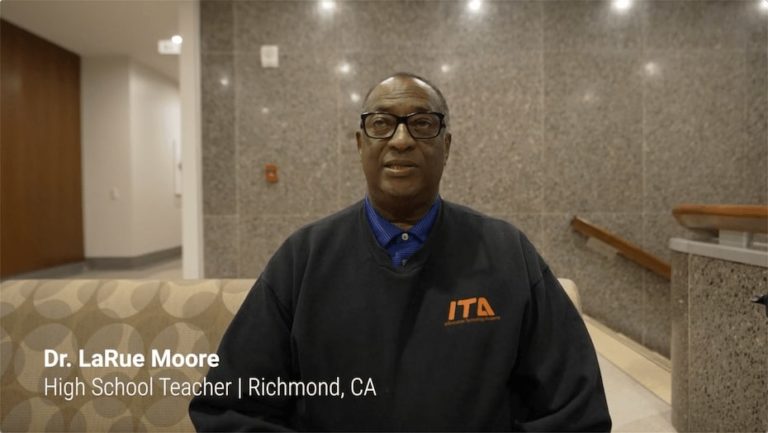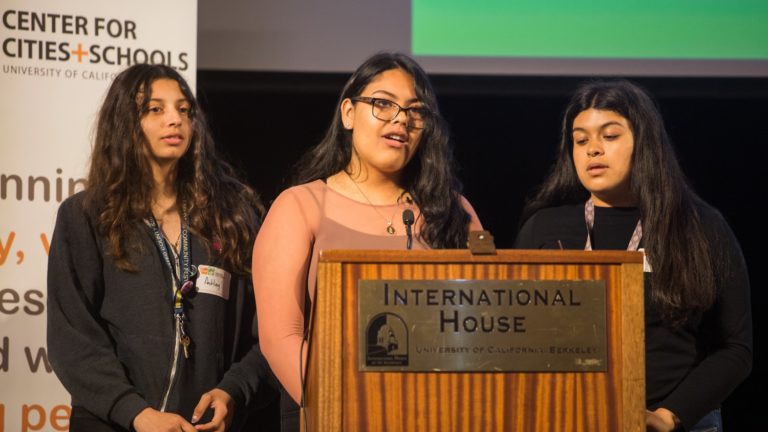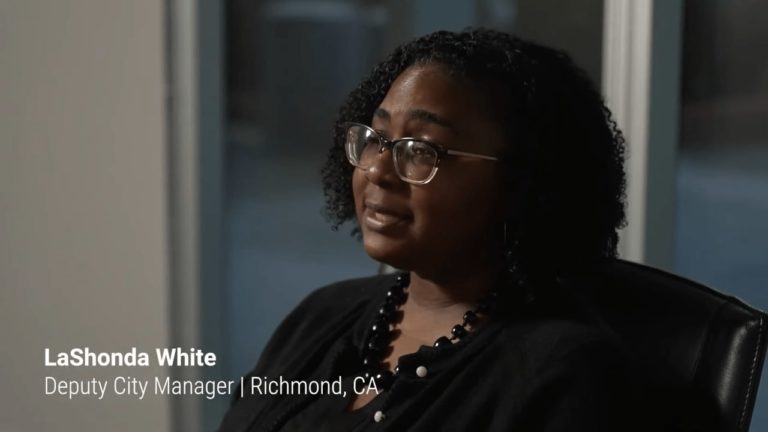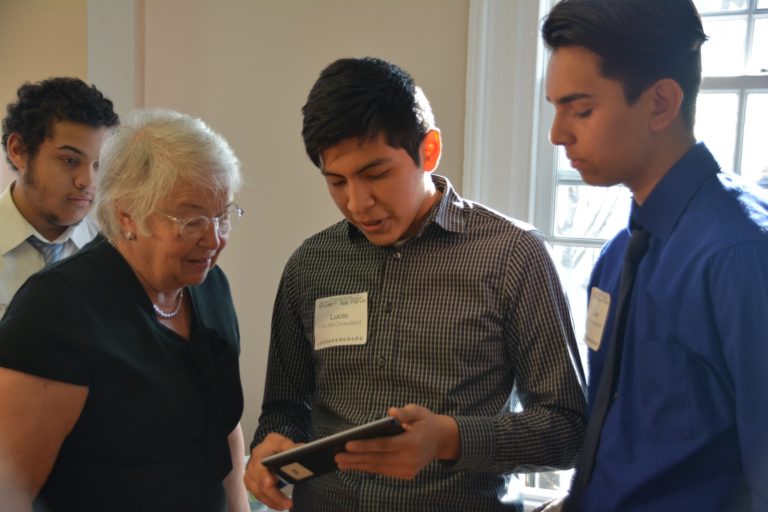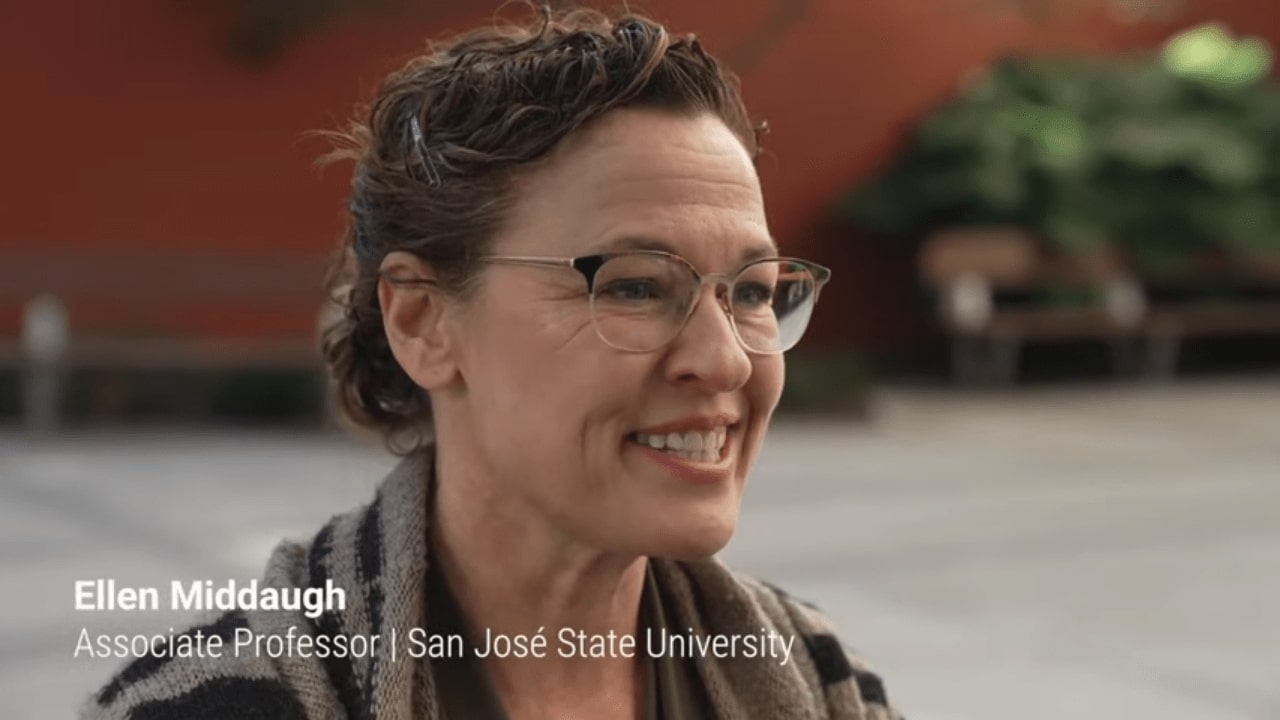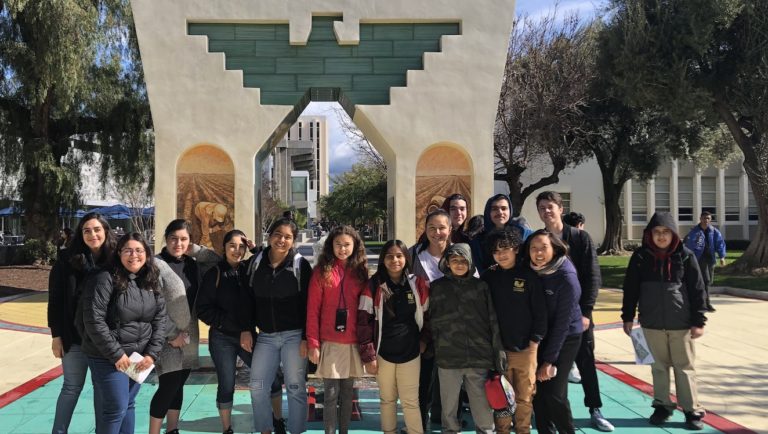Y-PLAN
Why Y-PLAN?
When first learning about Y-PLAN, some may ask themselves, “What’s in it for me?” Many professionals are short on both time and resources so this is a perfectly legitimate question! The Y-PLAN process distinguishes itself from typical volunteer work because it benefits all participants on both a personal and professional level. This reciprocity allows all parties to pursue their respective goals.
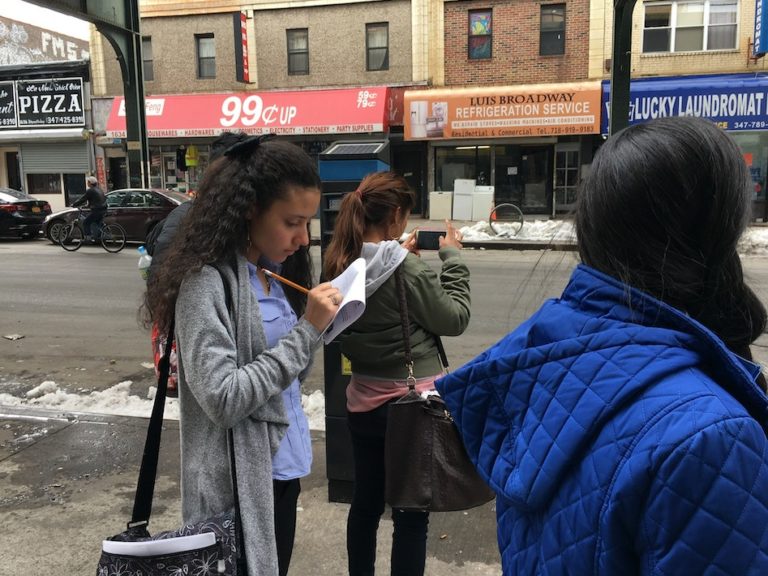
Community of Practice: Impacts and Outcomes
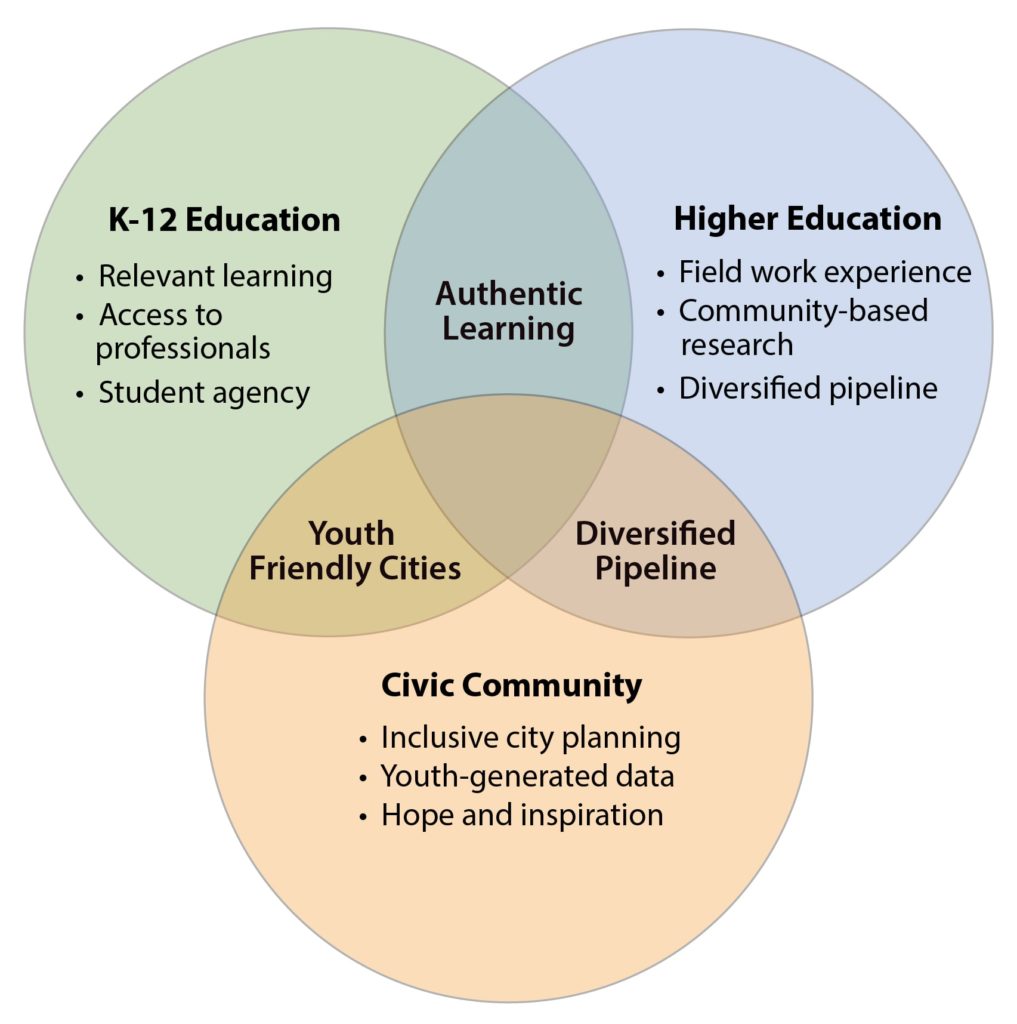
K-12 Educators and Students
Grounded in over twenty years of educational research, Y-PLAN’s methodology is designed to improve outcomes for both students and their communities.
Engaged Learning
The Y-PLAN process can dramatically improve young people’s learning outcomes by directly connecting in-class lessons to relevant, real-world conditions that students experience. Students learn about and apply a myriad of skills such as critical and creative thinking, group collaboration, and public communication, all of which bolster college, career, and civic readiness. Y-PLAN is a flexible methodology that K-12 educators can integrate into existing curricula.
Access to Power and Opportunity
Y-PLAN projects offer young people unique access to decision-makers and institutions. Students cultivate relationships with planning professionals and learn how current systems of power operate and – importantly – how they can be improved. In many Y-PLAN projects, students also collaborate with university partners. Tapping into these powerful networks helps marginalized youth to discover exciting professional and educational opportunities.
Community Benefits
The skills and knowledge that Y-PLAN students develop let them substantively benefit the world around them. They develop professional-grade recommendations for civic leaders, shaping plans and policies that directly impact them and their communities.
“I want my younger brothers and sisters to grow up in a better place than I did. Working on the Y-PLAN project lets me make a change – not just for me, but for everyone else.”
Civic Clients
By participating in Y-PLAN projects, civic partners receive valuable community input and an opportunity to shift their own mindsets.
Youth-Informed Planning
Y-PLAN is a highly-effective, low-cost strategy to understand local wants and needs, particularly in marginalized, low-income areas. Y-PLAN projects provide civic officials with youth-generated data and recommendations that highlight pressing issues, local perspectives, and possible solutions. These insights greatly assist leaders in designing youth-friendly policies and places.
Shift in Professional Mindset
Civic clients often find that collaborating with young people is an inspiring, eye-opening experience; their fresh perspectives and willingness to question the status quo can reawaken a youthful curiosity, creativity, and optimism within adult practitioners. In addition, civic partners discover just how capable young people can be. This challenges their own assumptions and reveals how more inclusive planning can benefit all participants.
Higher Education Partners
Y-PLAN projects enable higher-ed partners to participate in authentic community engagement and strengthen connections with local residents.
Community Engagement Opportunities
During Y-PLAN projects, higher-ed students typically visit K-12 classrooms, supporting them to carry out tasks ranging from data collection to preparing for final presentations. This collaboration allows higher-ed students, known as ‘Y-PLAN Mentors,’ to apply professional practices in meaningful, real-world situations.
Deeper Local Connections
There is often a disconnect between higher-ed institutions and marginalized communities living nearby. Y-PLAN projects enable higher-ed faculty and students to establish trusting relationships with underserved populations. By reaching more young people in these areas, higher-ed partners increase college awareness and further diversify their pool of applicants.

